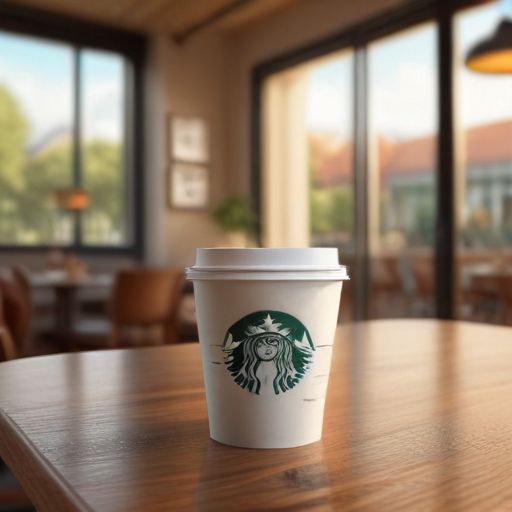Starbucks is reintroducing a purchase requirement for individuals wishing to spend time in its coffee shops or utilize its restroom facilities, effectively reversing its open-door policy established nearly seven years ago. The new code of conduct, which will be displayed across all company-owned stores in North America, also prohibits discrimination, harassment, consumption of outside alcohol, smoking, vaping, drug use, and panhandling.
This shift comes in the wake of significant events, including a high-profile incident in 2018 when two Black men were arrested at a Philadelphia Starbucks while waiting for a business meeting. This incident resulted from the then-existing policy that requested non-paying customers to leave and highlighted the company’s need for change. In response, Starbucks aimed to foster a welcoming atmosphere, but employees and representatives have noted increasing issues with disruptive behavior in stores.
Leadership changes have also played a role in this decision, particularly under Brian Niccol, who joined Starbucks from Chipotle last year with the intention of revitalizing the brand. Niccol’s vision includes transforming Starbucks locations back into “community coffeehouses,” a sentiment echoed by Starbucks spokesperson Jaci Anderson. She emphasized the new rules aim to create a better environment for paying customers while still acknowledging that visitors may need restroom access or Wi-Fi before making a purchase.
The newly implemented rules stipulate that store employees will receive training to enforce them, and the code warns that violators may be asked to leave, with law enforcement being involved if necessary. This comes as Starbucks has faced numerous challenges related to safety and security in recent years, which have been exacerbated by the impacts of the pandemic on mental health and substance use in society.
Overall, while the new measures may appear strict, they aim to enhance the experience for paying customers and restore a sense of order within Starbucks stores. This move could pave the way for a more welcoming and safe environment as the company navigates the ongoing challenges in today’s world.
